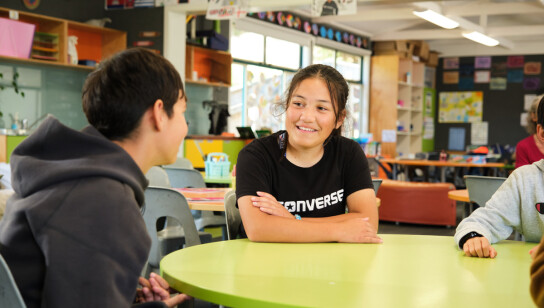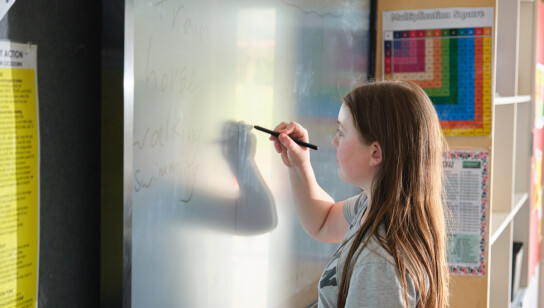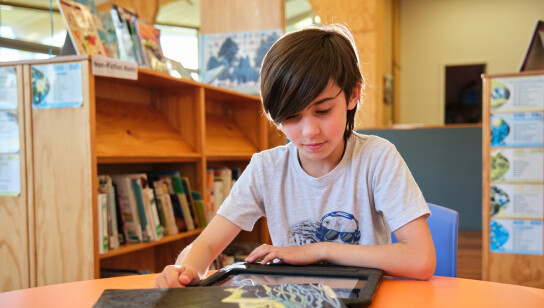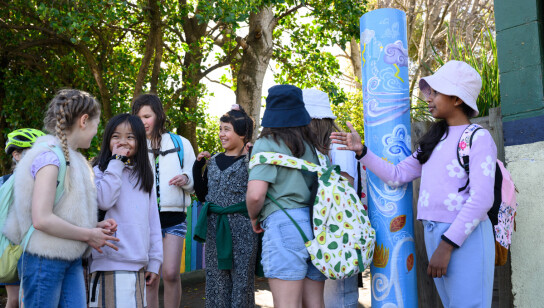Kia hua mai he Kōnekeneke Making a difference
Understand the concepts of kaitiakitanga, manaakitanga and citizenship. Experience how working collectively makes a difference. Lesson 1 of 3.
Akoranga takamua Before You Begin
Get an overview of all the Kaitiakitanga topics and see how resources link to achievement objectives.
Lesson 1
About this resource
In this first of 3 lessons, students develop an understanding of kaitiakitanga, manaakitanga, citizenship and belonging. Try out the interactive games which help students work together, watch your choice of videos that inspire, or experiment with short activities that spark thinking around belonging and being a good citizen.
Rauemi | Resources
-
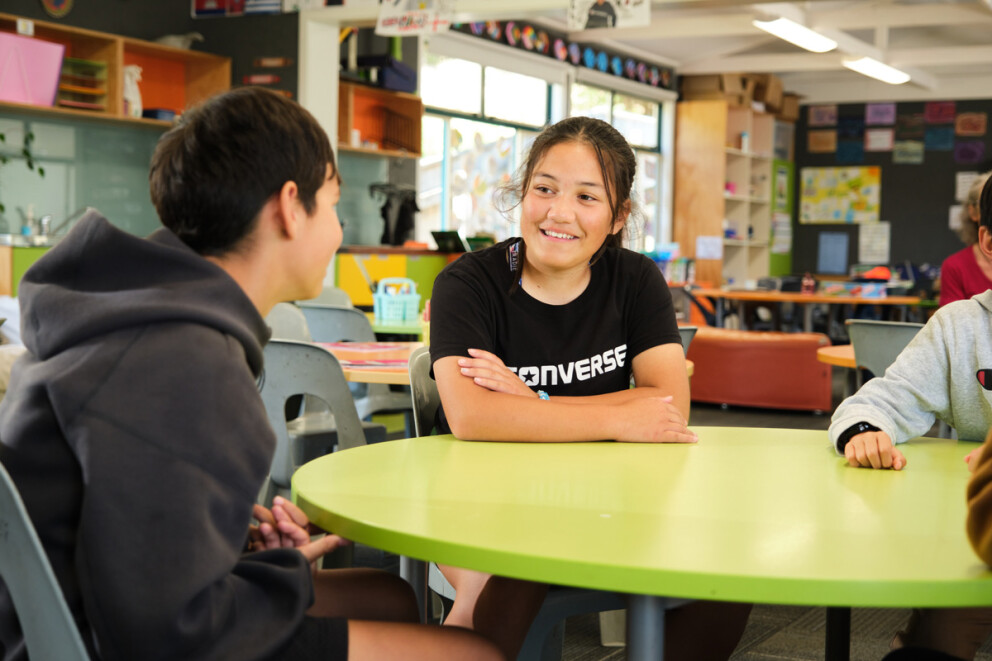
2. Ko te Mauri i Taku Hapori Mauri in my Community
Build an understanding of mauri and ways we can increase it in our neighbourhoods. Explore how we make a difference for others in our community and the environment around us.
Lesson 2 of 3. -
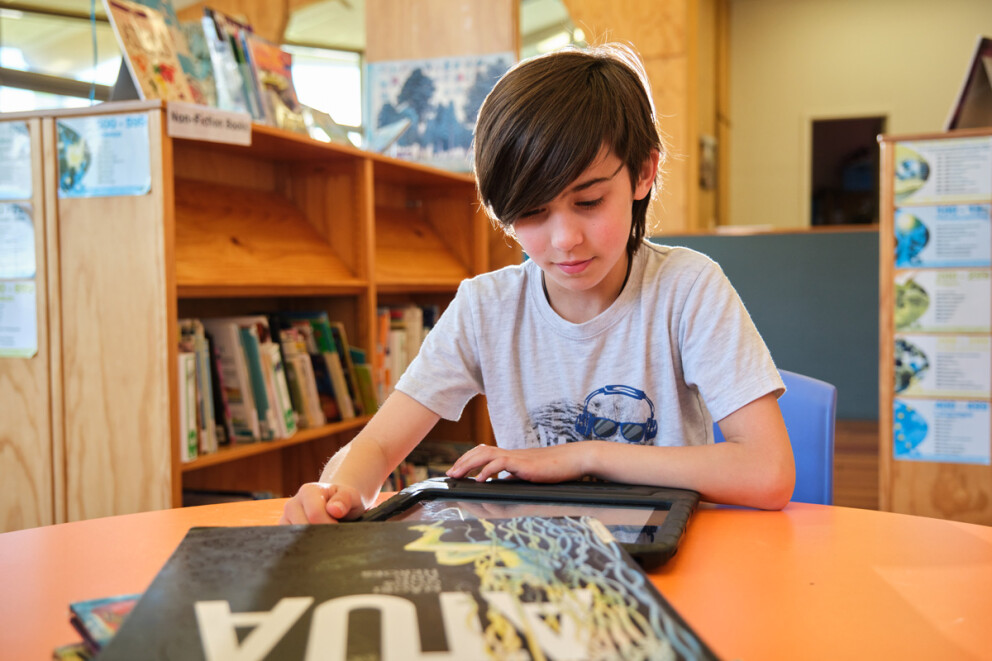
3. Ngā Atua i te Taiao The Māori Gods in the Environment
Using a te ao Māori framework, students think about how carbon emissions impact on the environment.
Lesson 3 of 3.
Supporting resources and links
- Education for sustainabilityopen_in_new
- “Boy’s selfless birthday donation wows foodbankopen_in_new” (NZ Herald)
Bill Kerrison – Saving New Zealand's longfin eel (3min 45sec, CC, may contain ads)
- Kaitiakitanga – Guardianship and protection. It is a way of caring for the environment, based on the Māori world view. A kaitiaki is a guardian such as an atua or a person or group that cares for an area such as a lake or forest.
- Manaakitanga – Hospitality, generosity, support, respect and care for others. It is about nurturing people so that they feel valued and looked after, encouraging a feeling of belonging in this community/place/ planet.
He waka eke noa.
We are all in this together.
He rau ringa e oti ai.
Many hands make light work.
Ehara taku toa i te toa takitahi engari he toa takimano.
My strength is not that of an individual but that of the collective.
- Ākonga get into groups (between 6-8 people); and form a large circle.
- They stand in the circle, crossing arms at the wrist.
- Next, they grasp hands with 2 different people across from them. They must not take a neighbour’s hand or two hands from the same person.
- Ākonga now work together to try and untangle the knot without letting go of any hands.
- Once they have untangled themselves, and are still holding hands, encourage them to lean back, balancing their weight and try to sit down, then stand back up again as a group.
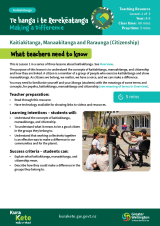 (1010 KB, Pdf)
(1010 KB, Pdf)